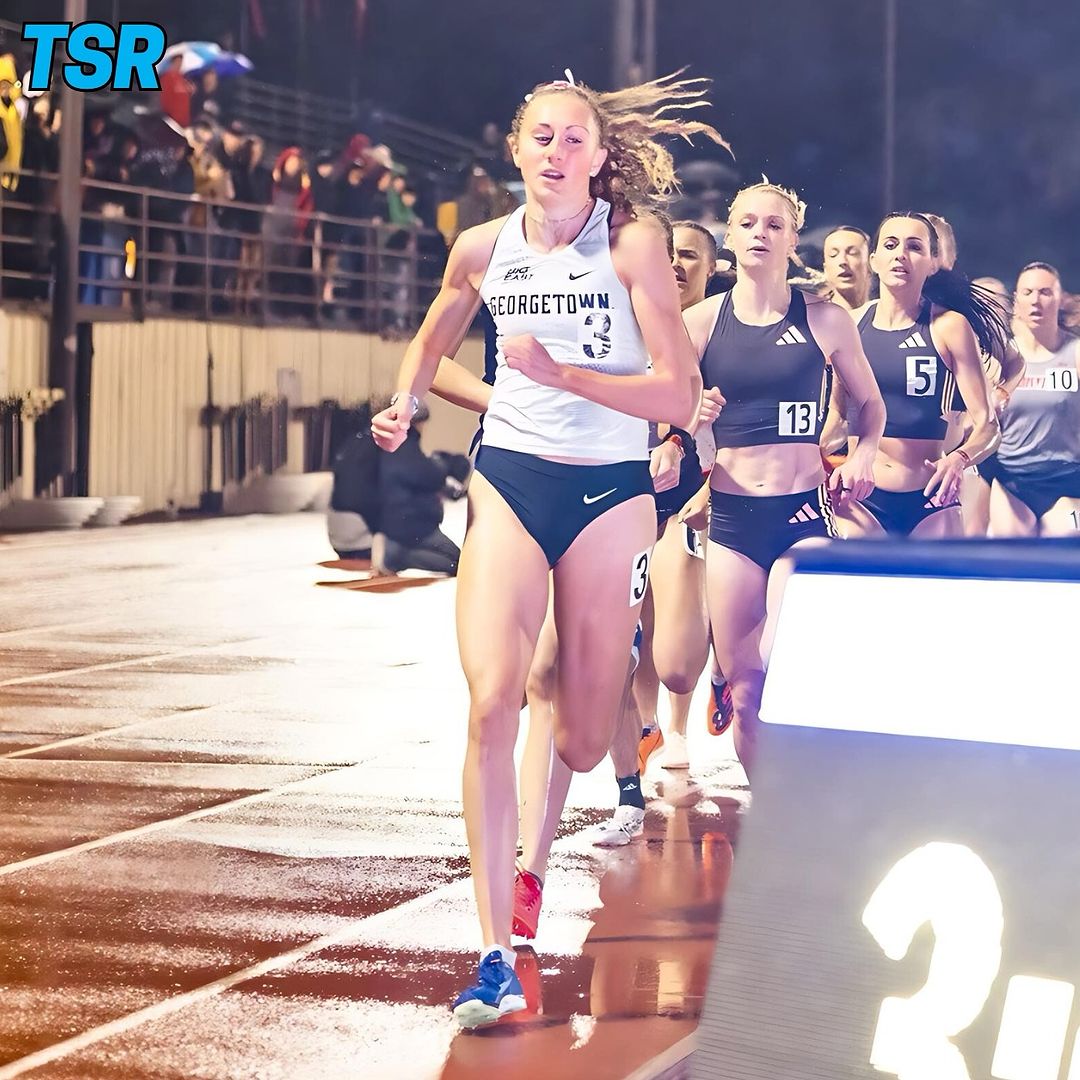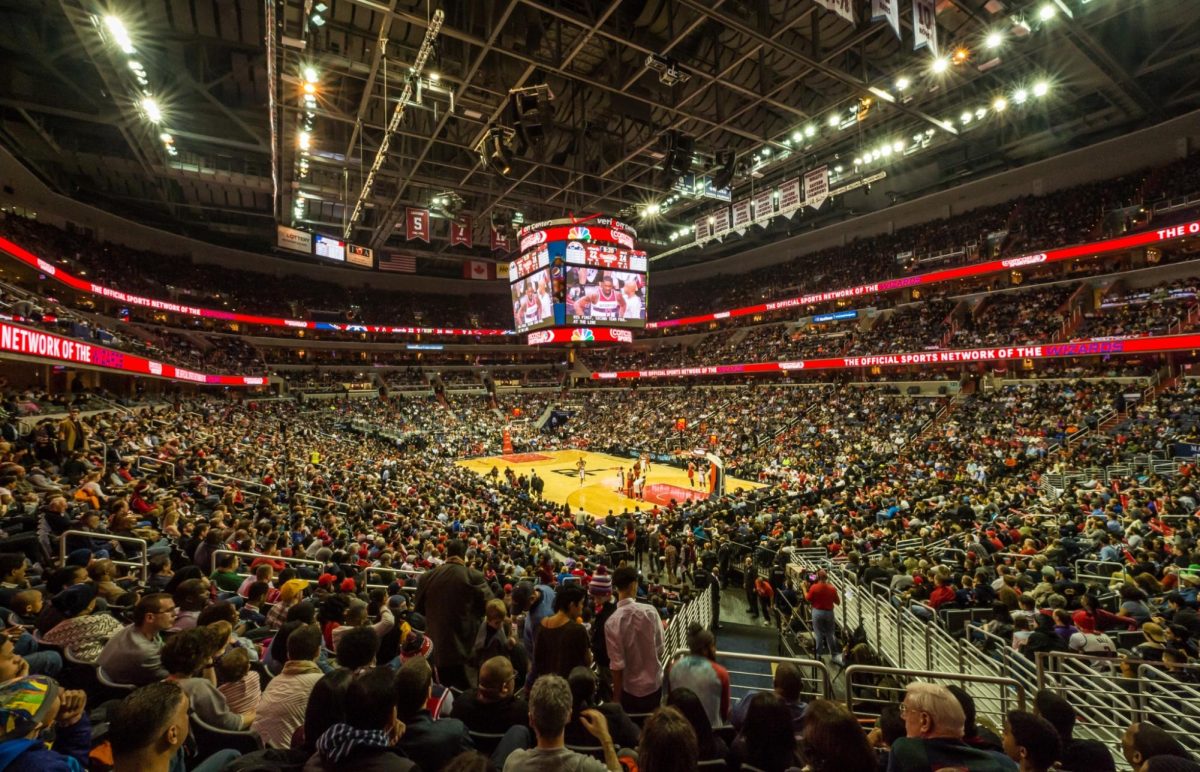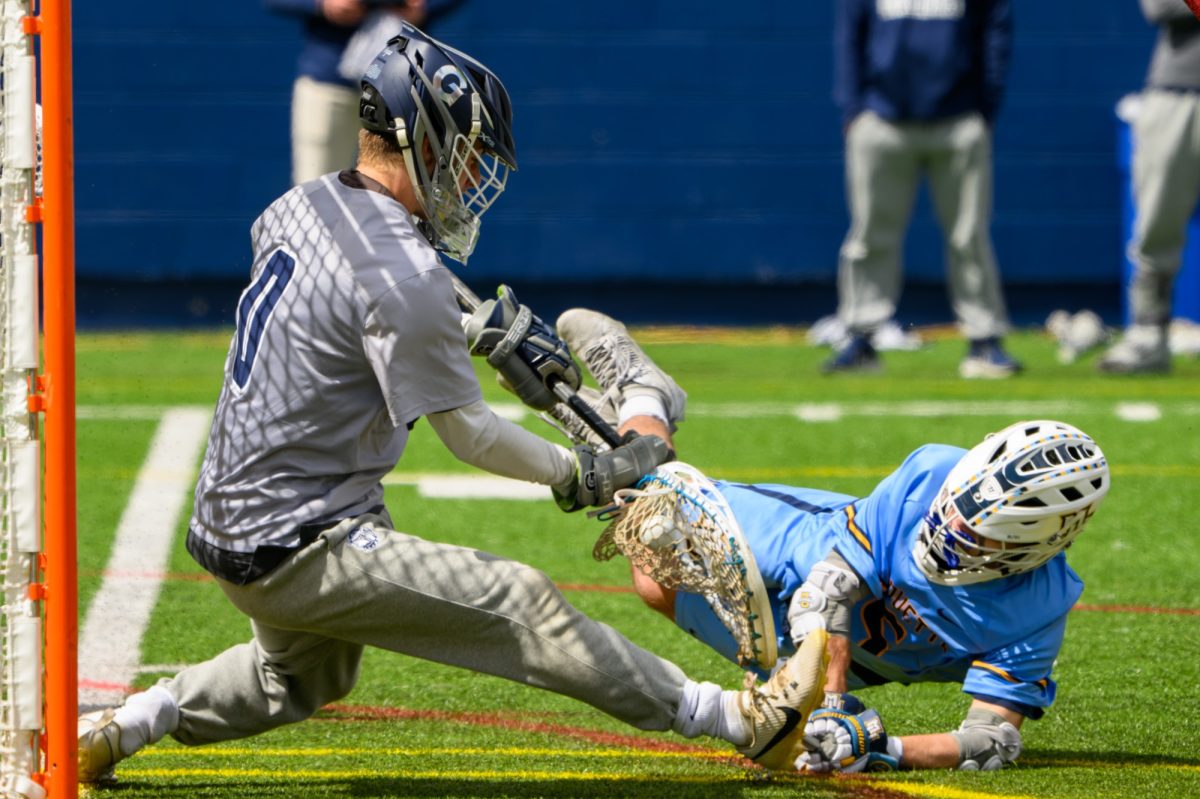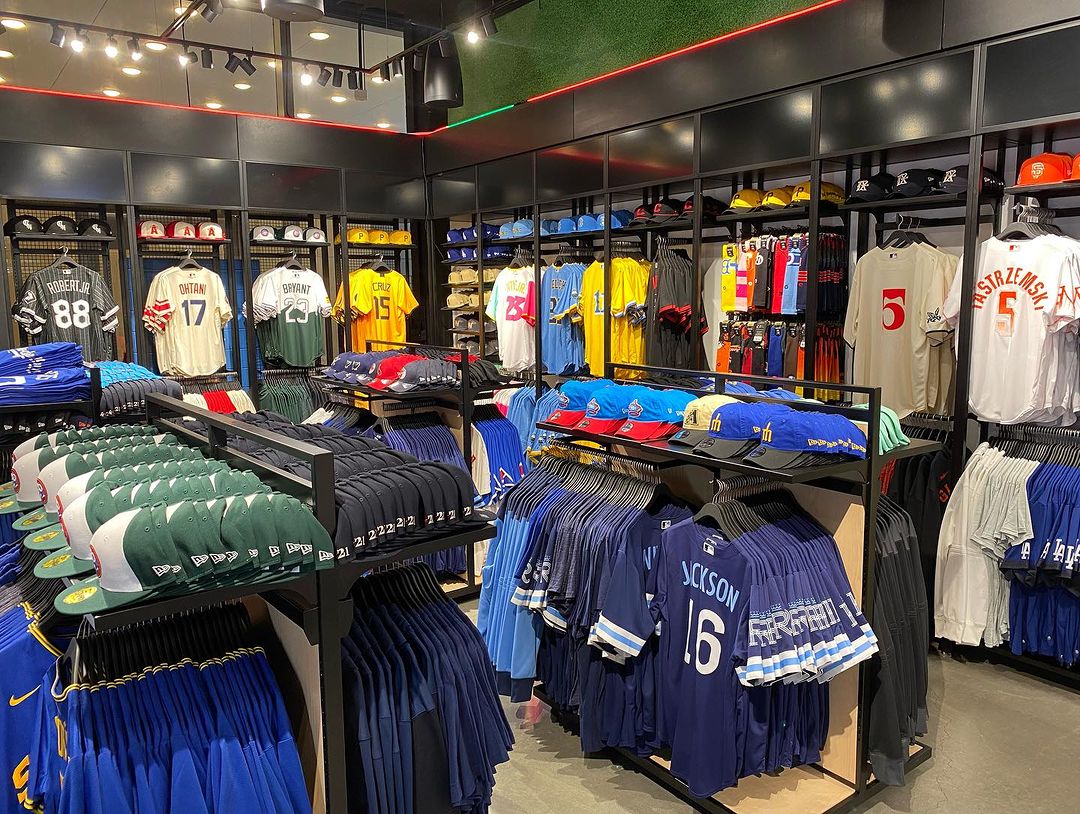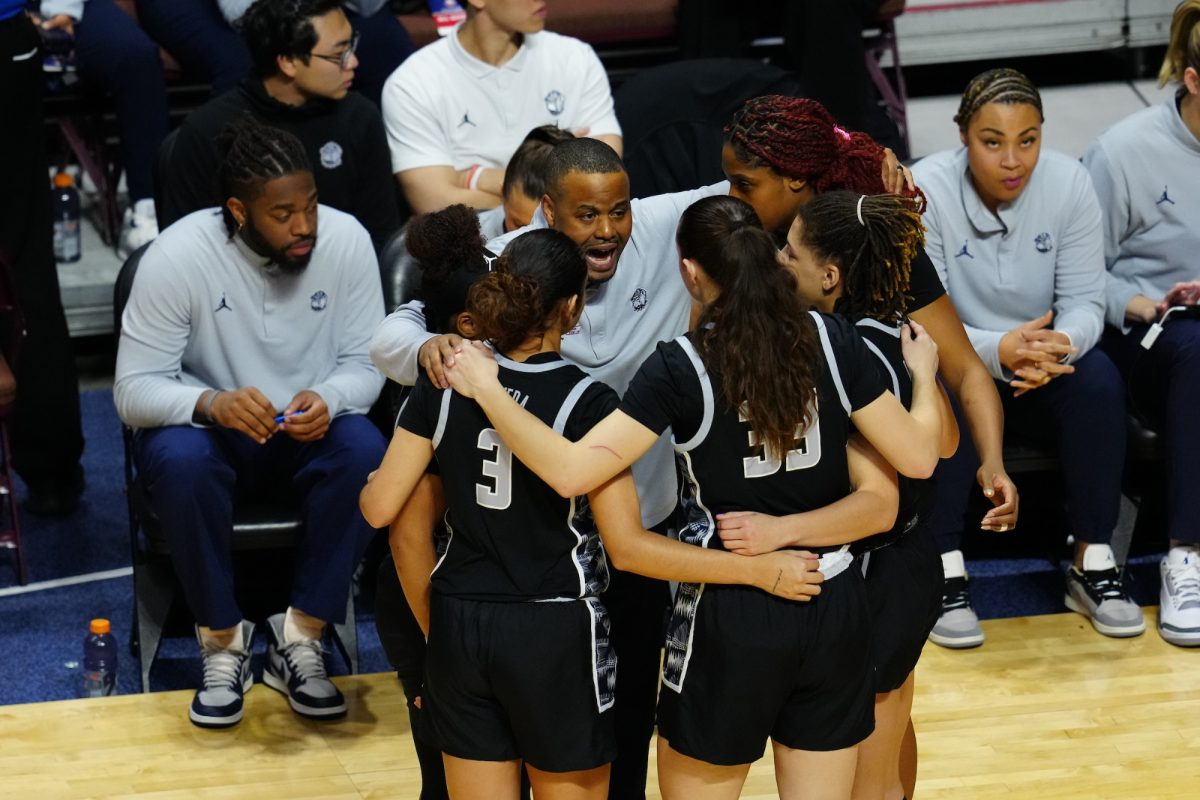One of the biggest lies that perpetuate collegiate athletics is that student athletes’ well-being and education come first. For a vast majority of programs, student athletes exist to win games, boost student and alumni morale, and keep donation checks and application fees rolling in.
It is basically an act of doublespeak by universities who trumpet their commitment to student-athletes and proceed to fire a head coach in the middle of the season for performance-based reasons. On Sunday afternoon, Louisiana State University fired football Head Coach Les Miles after over a decade of service that included a national title and two South Eastern Conference Championships.
While that certainly doesn’t make a coach untouchable, firing a coach that won nearly 79 percent of his games in the middle of the season was a disservice to current LSU players and recruits and is ultimately a practice that college sports should do their best to abandon.
Miles’ undoing was his inability to parlay top-tier recruiting classes into championships — both at the SEC and national level. Compound this with the Florida Gators of the late 2000s and the Alabama of the 2010s, and there has not exactly been room for the Tigers at the top of the SEC.
To put it in perspective, including the 2012 BCS National Championship game, LSU has lost its last five games against Alabama. In a world where being the best is only achieved by beating the best, Miles consistently failed to do that during his final seasons at LSU.
There was ample enough reason to fire Miles; his inability to develop a quarterback, anemic offenses and recent absence in big games were more than enough justification. The timing, however, is disappointing, because it creates a leadership void for people relatively powerless to fill it.
Ultimately, there are going to be two large parties affected: the current LSU football team and the team of whatever coach is ultimately tapped to replace Miles at LSU. One way to avoid the second issue is for LSU to make interim head coach Ed Orgeron the full-time head coach.
That may or may not happen and Orgeron basically has eight games to audition for the job in a role he knows all too well; he took over at USC for Lane Kiffin, after Kiffin was sacked on the LAX tarmac after a road loss in October 2013. Orgeron finished the season by going 6-2, so he has proven that he can fill in admirably and do quality work with someone else’s talent.
Assuming this does not happen, however, poses one of the biggest ironies in college sports: coaches are free to leave their jobs for other, more lucrative opportunities, but the players they recruit are bound to the school to which they committed.
If players want to transfer, either to stay with the coach that recruited them, or in general, they have to give up a year of eligibility in order to do so while no such consequences are placed upon the coach. The cause of this problem is difficult to avoid because during the recruiting process, players and their families often get to know one coach or a select few people from the recruiting institution relatively well and a personal connection forms.
The connection is not so much between the player and the institution directly but rather the coach who represents that particular institution. Coaches are also under no obligation to disclose their future plans to prospective recruits.
Thus, a football coach at a successful mid-tier football program could essentially lie to a recruit and promise that they will remain the coach throughout the player’s career there and then leave suddenly leaving the player with no recourse.
Obviously, the NCAA and individual schools are not going to stop firing coaches when they see fit. They simply need to afford the same opportunity to their players in a situation in which the head coach is fired or leaves during the middle of the season.
If another university or sports program is willing to accept them onto the team and the school will accept the player’s academic credits, there should not be any real problem.
If normal students can transfer penalty-free and a new school is willing to accommodate an athlete willing to transfer, regardless of scholarship status, there does not seem to be a valid reason for the NCAA to restrict what is in essence labor mobility in light of how the recruiting system actually works.
A final issue is that schools often have to approve student-athlete requests to transfer out. This rule also needs to be part of the exception so that, if a coach is fired or chooses to leave, the players essentially have that off-season to act as free agents.
Obviously that is not how the real world or professional sports works, but that is precisely the point: in the NCAA’s mind, collegiate sports are not professional sports and do not deserve to be treated like professionals. If that is the case, the NCAA should be willing to allow penalty-free transfers to current LSU football players and any other group in a similar situation.
 Michael Ippolito is a senior in the College. The Water Cooler appears every Friday.
Michael Ippolito is a senior in the College. The Water Cooler appears every Friday.






